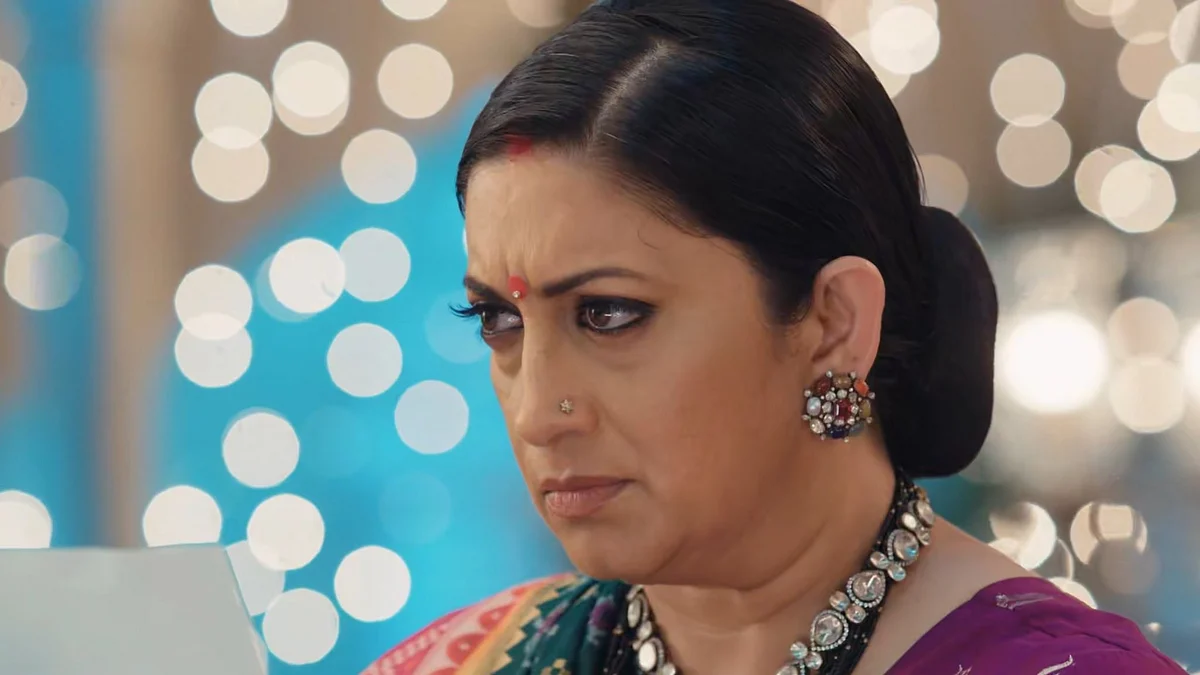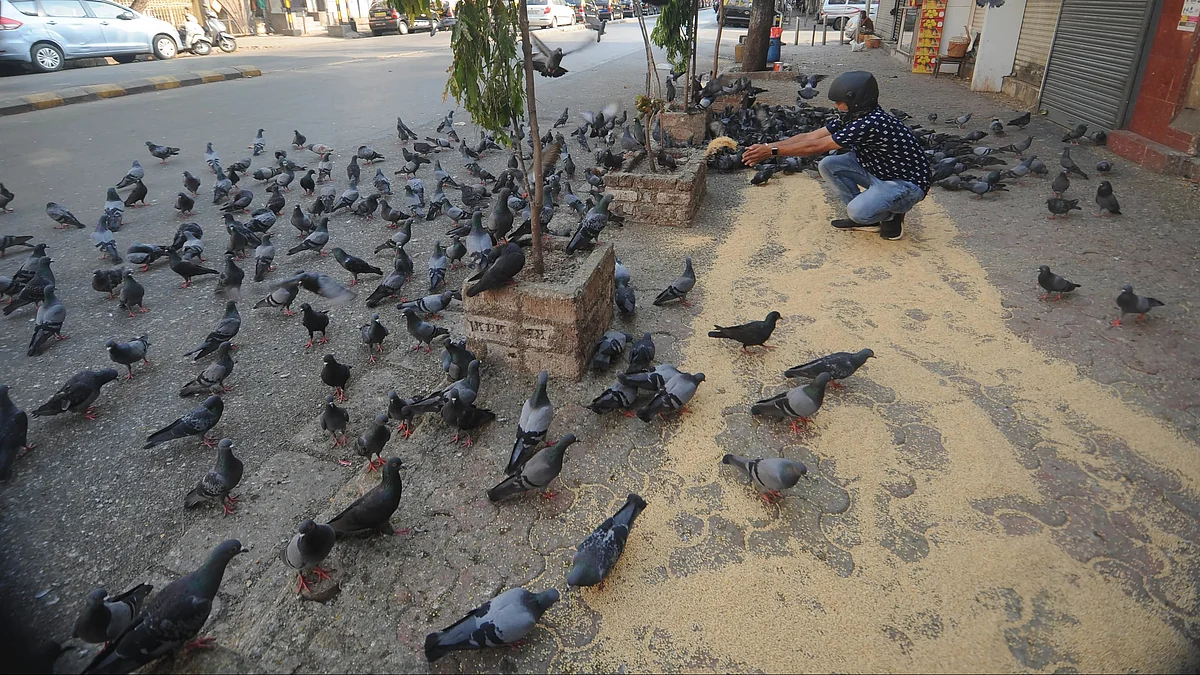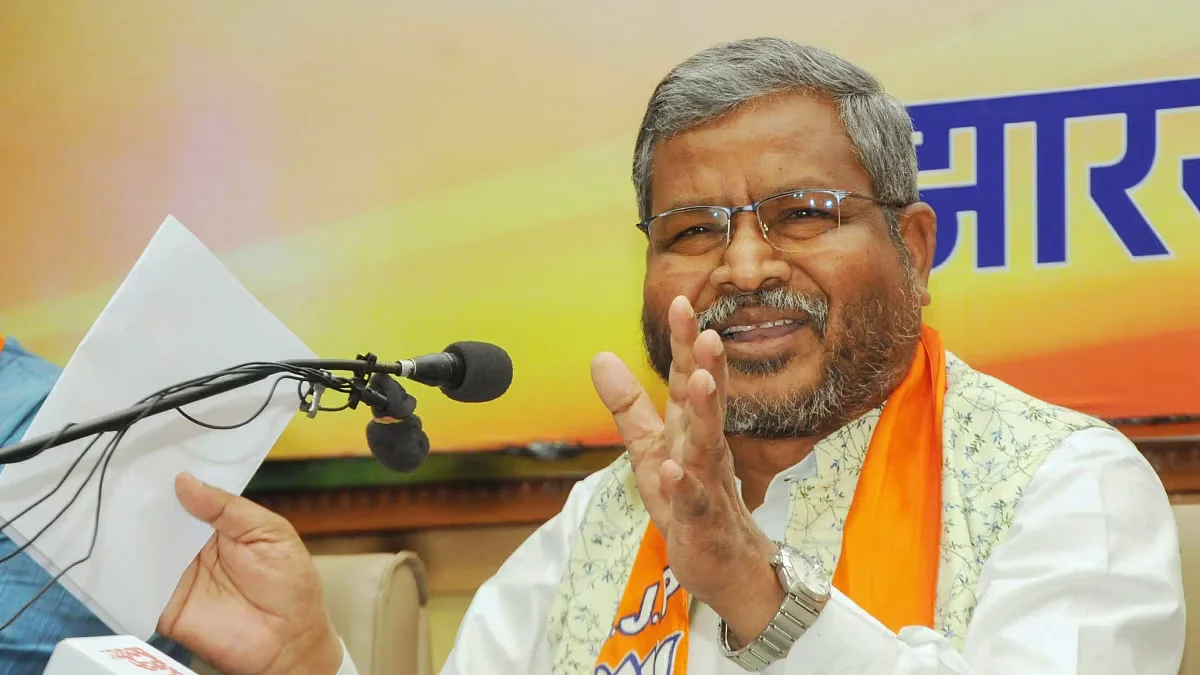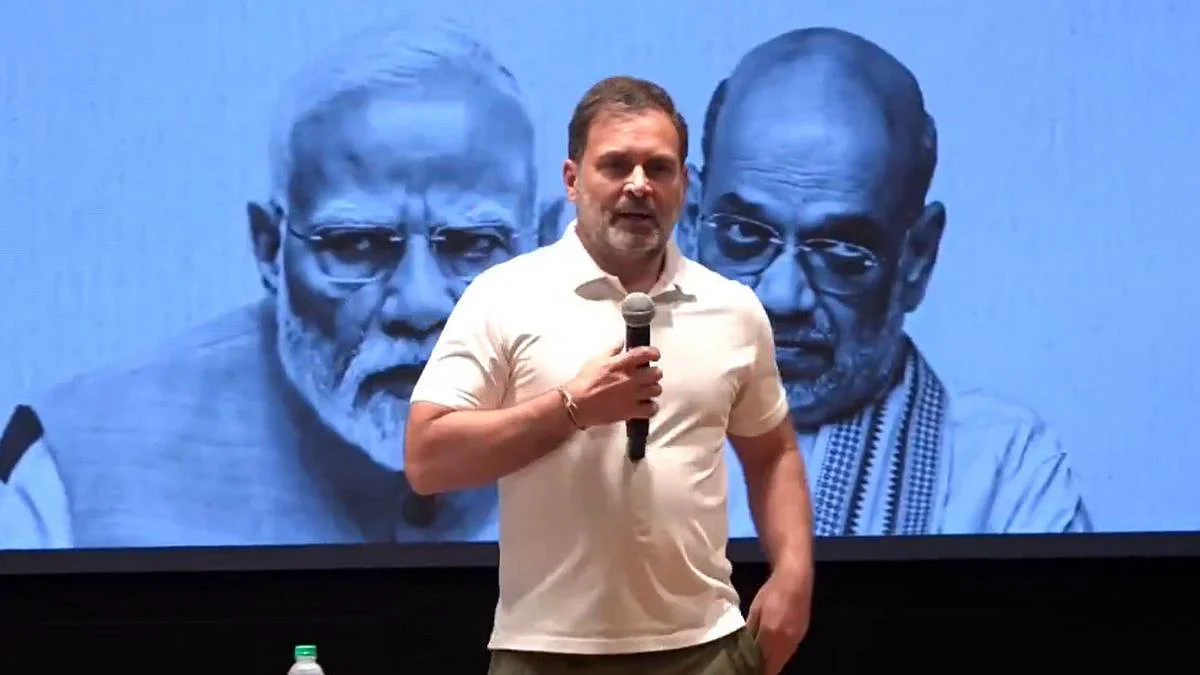Finally, Ajit Pawar and eight other leaders of the Nationalist Congress Party, who switched loyalty to join the Shiv Sena-Bharatiya Janata Party government in Maharashtra, were allotted their portfolios in the state cabinet. All of them bagged important departments such as agriculture, food and civil supplies, women and child development and so on. Pawar, who was sworn in as deputy chief minister, must be having the last laugh at getting the all-important finance and planning portfolio, and the Pawar family’s most-trusted lieutenant Dilip Walse Patil getting the cooperation ministry.
In the bargain, it appears as if Devendra Fadnavis, the other deputy chief minister in the Maharashtra cabinet, has had to relinquish important portfolios including finance. Why the BJP agreed to this in order to accommodate Ajit Pawar may well be revealed in the months ahead as political realignments in Maharashtra settle down. Pawar being given the portfolio is also ironic because in his earlier term as finance minister from 2019 to 2022, Pawar’s favourtism towards allocating funds to NCP strongholds, and denying them to Shiv Sena, was cited as a key reason for Eknath Shinde to step away from the previous Maha Vikas Aghadi government of Sena, NCP and Congress. It will be interesting to see how Shinde and his men in the government now parry Pawar.
What is equally crucial for the NCP leaders — and the mother party, as it were — is that one of their most trusted men will oversee the cooperation ministry. This was the battle turf between the NCP and BJP with the latter initiating a number of moves to divest other parties of their influence and control over Maharashtra’s cooperative sector and the union government setting up a Cooperation Ministry under Home Minister Amit Shah last year. Cooperatives are the life blood of Maharashtra’s rural political economy, straddling several areas from finance and micro credit to agricultural produce such as sugar and agri-based businesses. Nearly half of the 2.13 lakh cooperative societies are in cities as housing societies but the other half rules the rural areas, both with massive amounts of funds as deposits and working capital. The district central cooperative banks, for instance, have a total working capital of Rs 1,10,500 crore and deposits of nearly Rs 88,000 crore, while the apex Maharashtra State Cooperative Bank — in which the Pawars were sought to be implicated for corrupt practices — has deposits worth nearly Rs 21,000 crore and working capital of Rs 33,000 crore.
That Ajit Pawar, accused of massive corruption by Prime Minister Modi, managed to not only retain the finance portfolio but ensured that ‘his’ man oversees the cooperation ministry points to the BJP’s willingness to bend to be in power.











